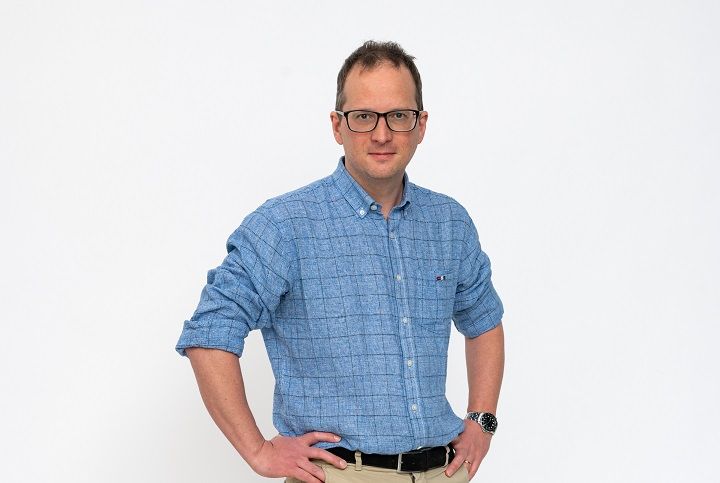Today the Folketing opens and a new political season begins.
Tradition is that the Prime Minister must address the State of Denmark. It’s fair to assume that Mette Frederiksen will continue her focus on the challenges ahead for the Welfare State.
She’s also expected to repeat some of her recent statements on the contract between all citizens in order to have a Welfare State in future years:
Everyone who can work must work.
But instead of just bashing the Danes for not working more hours she could also thank the thousands of hardworking internationals and newcomers who settled in Denmark, making a difference in Danish companies, in culture, and elsewhere.
READ ALSO: INTERNATIONALS ARE COMING – AND THE GOVERNMENT IS SITTING ON ITS HANDS
The PM’s first headache
In recent years, it has become more popular to downsize or simply work less hours to have more time off.
Socialdemokratiet, the party Mette Frederiksen is leading, have for around 150 years fought for workers rights, for more time off, etc.
So one could imagine that the work-less-hours-trend was right down Frederiksens’ ally.
But it’s not.
Socialdemokratiet was the architect when the Welfare State was founded in the 1960s.
Back then, it was a prerequisite that the number of contributors roughly corresponded to those who had to be supported.
Read: You don’t just go to work to cover yourself – you do it to cover all of us.
Today, economists agree that if we all work less hours the financial model behind the Welfare State collapses.
And last month, Frederiksen in two speeches made it clear that Danes have to work more. That we will be in serious trouble if the work-less-hours-trend continues to grow.
She actually quoted party icon and Prime Minister in the 1930’s, Thorvald Stauning, who once said:
“Idleness and laziness are the enemies of men. Through diligence and work, the individual gets ahead.”
READ ALSO: TIME TO DECIDE: MORE INTERNATIONALS OR A WEAKER SOCIETY?
The PM’s second headache
Frederiksen’s second headache, however, is that her position – and the government’s in general – seem to resonate badly among voters.
Poll after poll shows that voters turn their back on the government’s parties.
In a new Voxmeter poll Socialdemokratiet loses nine seats in parliament if an election were held today.
It’s doubtful that Frederiksen’s “Danes-must-work-more-bashing” will make voters – who dream of more weekly hours off – return to ranks.
If Danes don’t want to work more hours, and still want solid welfare, Frederiksen could open the doors for more internationals.
Unfortunately, nothing indicates that she’s going down that road despite the obvious need.
It would, however, be the right thing to do. And at least she could thank all the hardworking internationals in Denmark for doing an amazing job.













